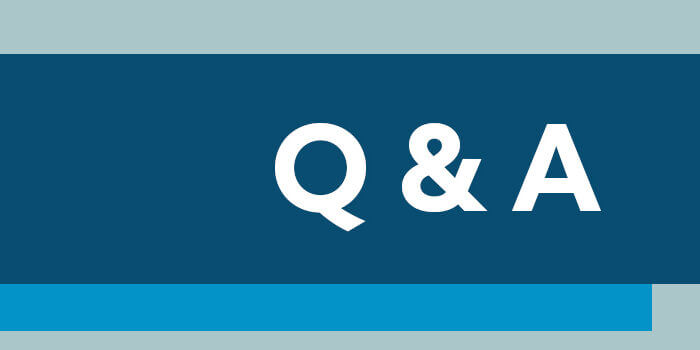Agentic AI: Redefining How Enterprises Think, Act, and Deliver
Agentic AI is helping businesses across industries move beyond the hype cycle into real productivity and revenue gains.
Read More
We sat down with CEO Kirk Mielenz to discuss downturns and where leaders can focus to help weather any economic storm

“Recessions are normal. I recently heard a good quote — ‘the worst thing about recessions is that they always happen. The best thing is that they always end.’”
We sat down with RevGen Partners CEO Kirk Mielenz to discuss the growing buzz about a potential recession. Kirk co-founded RevGen in 2008, during the Great Recession, making him no stranger to the challenges of an economic downturn.
“Technically,” he starts, “we’re not currently in a recession. But depending on what industry you’re in, it absolutely can feel like it.”
Defining a recession can be difficult, even for the experts. The National Bureau of Economic research uses several measures of activity to determine when recessions start and end. However, no matter what specific metric is used, a recession is generally considered a significant decline in economic activity spread across the economy, lasting more than a few months.
Even if not a formal recession, any sort of economic downturn can be tough for businesses, especially after the last few years of COVID-induced uncertainty.
“What recession-proofing means to me,” Kirk continues, “is ‘how do you thrive during a slowdown?’”
It’s a broad question. So, where can a company start?
“Create a plan before it’s necessary. Understand the different contingencies for your business. You don’t want to be in a place where you’re just reacting.”
Another important practice, he says, is to focus on the people. “Investing in your customer relationships in a downturn is even more important than when things are going well.
“The first thing you want to do in a downturn is retain the revenues you already have. And that’s what customer experience is all about. Making your relationships as ‘sticky’ as possible.
“You also may want to think about modifying some offerings to meet the customers where they are at this point. Even if you’ve mapped the customer journey two years ago, that wasn’t during a slowdown or recession and people are in a very, very different place.”
[Business Insight: 8 Steps for Creating a Psychologically Safe Workplace]
The same principle also applies to the employee experience.
“We’ve obviously seen high employee turnover across all industries since the start of COVID. Even though we’re not in a formal recession, people start to get more concerned for their jobs. They flock to quality, they flock to comfort, they flock to safety.”
He adds, “What I tell everyone is to focus on is making people feel safe. Safe means ‘I’m going to be clear in my communication. I’m going to be consistent in my communication. You’re going to know what’s going on from the very beginning.’
“Also, there’s no better time to encourage your teams to develop new skills. It’s been so difficult to staff up lately that it’s important to show you’re willing to invest in people even when there’s a downturn. Because they always do end.”
Kirk is passionate about another key element of good business — data.
“Data empowers everything,” he says. “You have to know what’s going on in your business. That includes things like managing inventories. You might look at the data and discover you need to find a new way to distribute your materials.”
There are a few technologies he believes can be incredibly helpful during economic slowdowns.
“Solutions such as Robotic Process Automation allow you to keep your people focused on the most important tasks during downturns by automating the rote work. So, investing in adapting technology to drive greater efficiencies is key.”
In the end, the best thing a leader can do during a recession is not panic. Go back to the basics, Kirk emphasizes.
“Practice good business hygiene. Get a cashflow statement. Understand exactly what’s driving your business. It’s that old saying, right? Never waste a good crisis. Never waste the opportunity to dive into the dark corners to figure out what needs to be cleaned up to make a healthier business.”

Get the latest updates and Insights from RevGen delivered straight to your inbox.